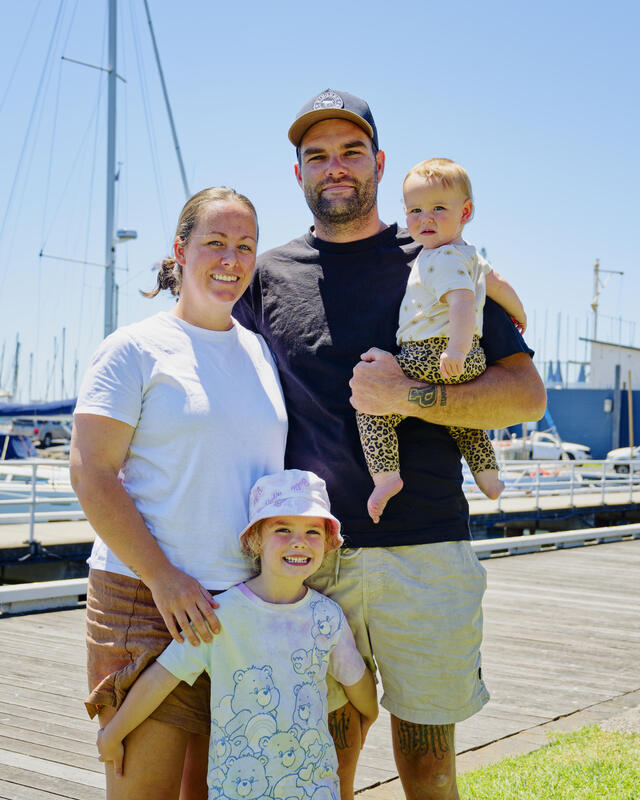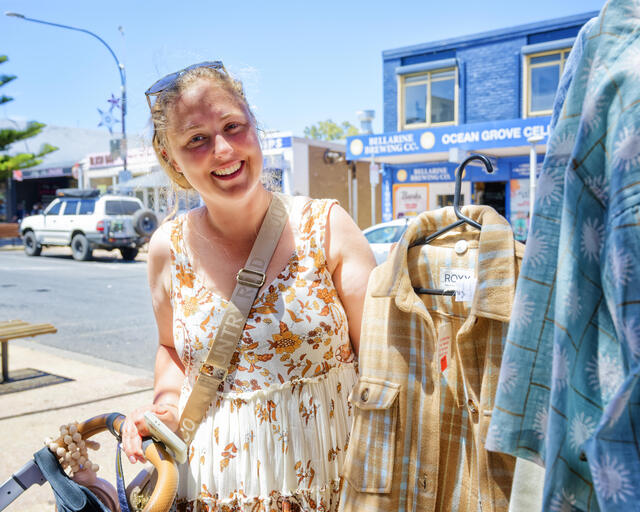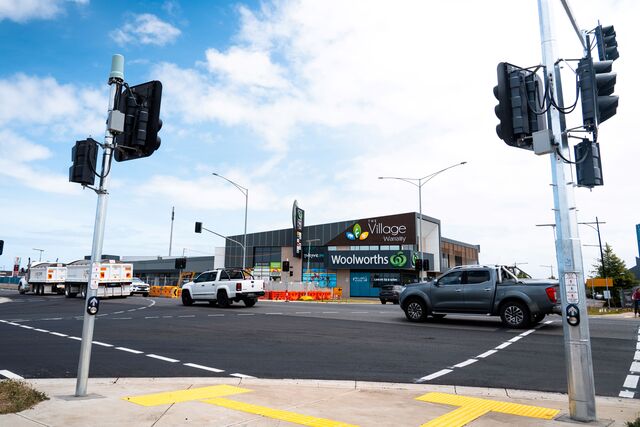A Drysdale pharmacist has welcomed a bill in federal Parliament that will see the cost of Pharmaceutical Benefits Scheme (PBS) scripts falling by almost 30 per cent on January 1, with the maximum general co-payment dropping from $42.50 to $30.
According to the Australian Bureau of Statistics, the high costs of medications resulted in close to one million Australians delaying or not filling their medications in 2019-20.
Drysdale pharmacist Chris Walsh said the bill was a big first step towards ensuring medicines were more affordable.
“Community pharmacy is on the frontline and we can see how people are struggling to afford their prescription medicines,” Mr Walsh said.
“Some of my families with chronic illness forgo their own health needs in order to pay for necessary medications for their children and COVID has also added an extra burden on the entire community’s health needs.”
Corangamite MP Libby Coker said the PBS remained a cornerstone of the healthcare system, but it needed to be adapted to keep up with modern medicine, community needs and rising living costs.
“We know that some people are cutting back on essentials like medicines to make ends meet,” Ms Coker said in Parliament last week.
“This bill will help ease that squeeze on household budgets for millions of Australians — many of them, the most vulnerable in our community.
“The maximum cost to general patients for PBS medications has doubled since the year 2000. The previous government did little to mitigate the rise. For the first time in its 75-year history, the maximum cost of general scripts under the PBS will now fall, thanks to this bill.”
Other peak bodies, including the Australian Patients Association, Chronic Pain Australia and Musculoskeletal Australia have also welcomed the measures in the bill on behalf of their patients.
Chronic Pain Australia president Fiona Hodson said recently that the reduction in the co-payment would be welcome news to one in five Australians living with chronic pain.
Ms Hodson said that medical affordability remained a key issue for patients as they managed their chronic conditions.




![[READER COMPETITION] – WIN FAMILY PASSES to Circus Wonderland at Barwon Heads](https://oceangrovevoice.com.au/wp-content/uploads/2026/01/Circus-wonderland.png)




